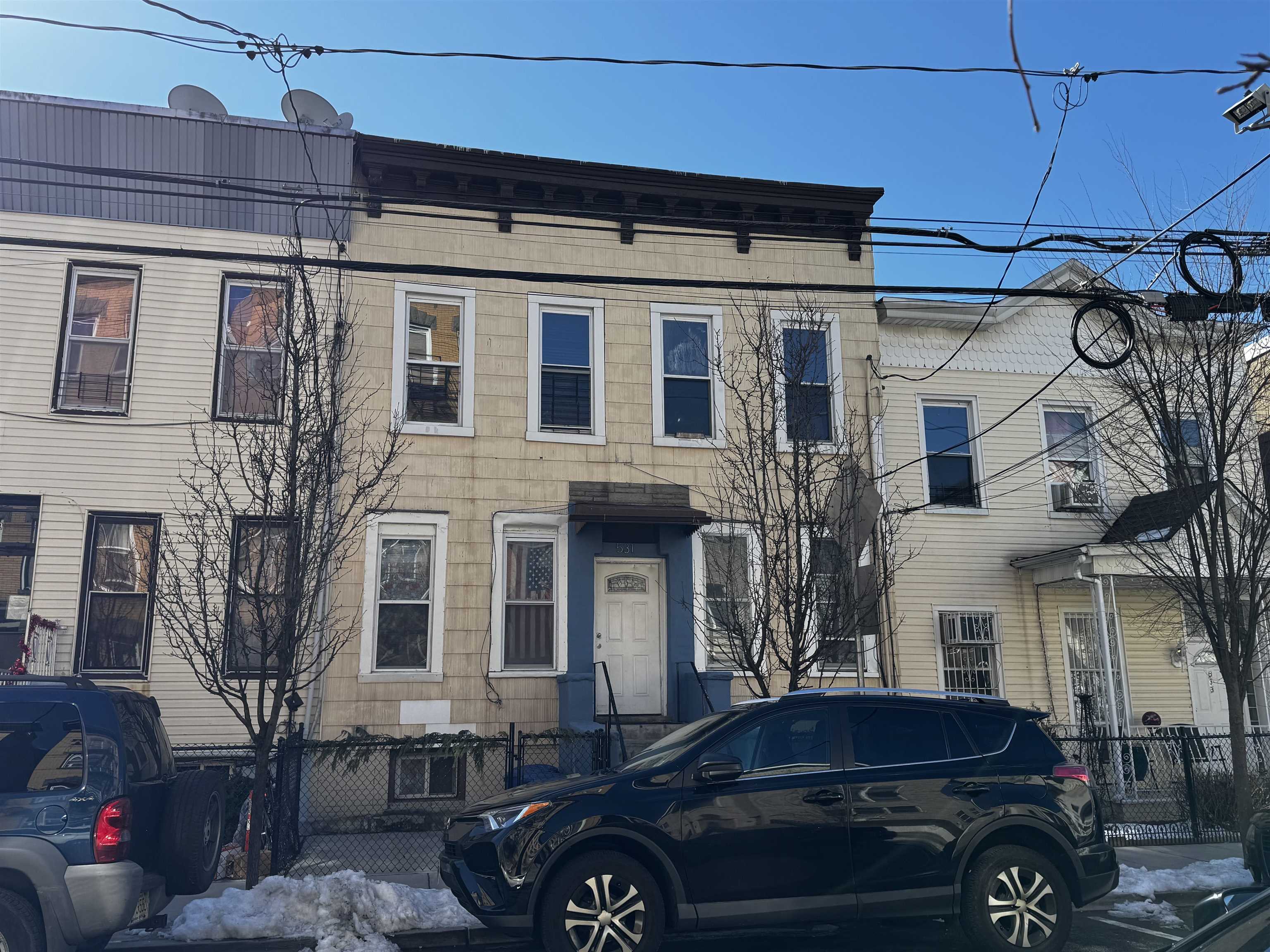Homes For Sale In Union City Pa – What will come next? What new opportunities will arise from this decision? When an item is placed “for sale,” it’s not just the object that’s changing hands; it’s often a reflection of the personal changes happening within the seller. Negotiation is often the most delicate part of the sale process. The result is a society that increasingly prioritizes consumption over connection, profit over meaning, and exchange over understanding. Conversely, periods of economic growth may lead to more businesses being sold due to increased valuations and higher demand. This shift in mindset has contributed to a growing acceptance and even celebration of second-hand shopping, making it a mainstream activity that is not just about saving money but about making more thoughtful and responsible choices. When we begin to view everything through the lens of commerce, it’s easy to lose sight of the things that make life worth living — the moments that aren’t for sale, the experiences that can’t be bought. This connection between consumers and the creators of quality goods is something that’s been fostered for centuries. This has made it easier for people to find items that might have otherwise been out of reach, whether it’s a rare collectible, an antique, or a product from another country. It’s about change, opportunity, and the negotiation of value. Each item was unique, and the quality was immediately apparent to the buyer. Furniture is another category that lends itself well to the second-hand market. They become part of the story of the buyer and the creator, connecting people to a tradition of excellence, heritage, and care. The rise of minimalist living, which emphasizes owning fewer, more meaningful possessions, has played a role in this shift. A well-made frying pan or a durable pair of boots might not have the cachet of a designer handbag, but their value lies in their functionality and reliability. Thrifted clothing, vintage furniture, and pre-owned electronics are often seen as more authentic and unique than brand-new, mass-produced items. Second-hand goods, especially those that are vintage or antique, often carry a sense of history and craftsmanship that can be missing from mass-produced products. The resale of pre-owned clothing has become a booming industry in recent years, with second-hand stores and online marketplaces thriving as more consumers opt for affordable, sustainable alternatives to fast fashion. While the online second-hand market has flourished, traditional thrift stores and second-hand shops continue to play an important role in the buying and selling of pre-owned goods. In some cases, selling second-hand items can be a way to make a significant profit, especially if the items are rare, vintage, or in high demand. We are all participants in a vast, interconnected economy, one that doesn’t just involve physical goods but extends to ideas, relationships, and even identities.

Union City Homes For Sale Just another Silicon Valley Homes For Sale
Homes at a bargain pricebuy your home for lessview thousands of homes Homes for sale by owner · homes for sale · condos for sale

111 Tuscany Estates Dr, Union Twp, PA 15332 Union Twp Real Estate
Homes for sale by owner · homes for sale · condos for sale Homes at a bargain pricebuy your home for lessview thousands of homes

2546 Allen Avenue, Sold in Union Twp Zoocasa
Homes for sale by owner · homes for sale · condos for sale Homes at a bargain pricebuy your home for lessview thousands of homes

Union City Homes For Sale
Homes for sale by owner · homes for sale · condos for sale Homes at a bargain pricebuy your home for lessview thousands of homes

Homes For Sale 1891 Firebrick Ter, Union City 94587 Real Estate
Homes at a bargain pricebuy your home for lessview thousands of homes Homes for sale by owner · homes for sale · condos for sale

34948 Eastin Dr Backyard (A) Union City Homes For Sale
Homes at a bargain pricebuy your home for lessview thousands of homes Homes for sale by owner · homes for sale · condos for sale

Union City Houses For Sale Homemy
Homes at a bargain pricebuy your home for lessview thousands of homes Homes for sale by owner · homes for sale · condos for sale

531 28 Th St, For Sale in Union City eXp Realty
Homes for sale by owner · homes for sale · condos for sale Homes at a bargain pricebuy your home for lessview thousands of homes

JUST LISTED!!! 545 Chilton Street, Elizabeth Union county, Union
Homes for sale by owner · homes for sale · condos for sale Homes at a bargain pricebuy your home for lessview thousands of homes

Union City Homes For Sale
Homes for sale by owner · homes for sale · condos for sale Homes at a bargain pricebuy your home for lessview thousands of homes
Quality goods stand in stark contrast to this cycle. Second-hand goods for sale have become an integral part of today’s economy, a trend that transcends geographic, economic, and cultural boundaries. The satisfaction of purchasing quality is often deeply intertwined with the knowledge that your money is going toward something that truly deserves it. As technology continues to advance at a rapid pace, second-hand electronics can offer a way for consumers to keep up with the latest gadgets without breaking the bank. By choosing second-hand goods, consumers can help reduce waste, conserve resources, and lessen the demand for new production. What was once limited to boutique shops or high-end department stores can now be purchased from the comfort of one’s home. We are all participants in a vast, interconnected economy, one that doesn’t just involve physical goods but extends to ideas, relationships, and even identities. These items are often crafted with a sense of purpose, where every stitch, joint, and component is carefully considered to create a product that not only functions well but looks beautiful in the process. Perhaps the most troubling aspect of the idea that everything is for sale is how it can shape the way we view the world and each other. The materials, labor, and expertise that go into crafting these items naturally make them more expensive. From designer labels to quirky, eclectic finds, second-hand clothing offers a wealth of variety and style at a fraction of the price of new items. They walk into a space that holds the potential for their own memories to be created, for their own life to unfold. Art, music, literature — these expressions of human creativity and emotion are not always bound by the rules of commerce. Whether it’s a high-end designer handbag, a gently used sofa, or a vintage record player, the price difference between a new and a second-hand item can be significant. By purchasing second-hand items, consumers can help reduce the demand for new products, thereby lessening the environmental impact associated with manufacturing and shipping. A blacksmith might craft a sword, a tailor might stitch a suit, and a potter might mold a vase. Many quality goods are made by artisans or small businesses who take the time to create products that reflect their expertise and passion. On the other, there’s the challenge of assessing the true value of a business, navigating the complex negotiations, and ensuring that the business is a sound investment in terms of both its financial health and its long-term viability. Sellers often find themselves in a strange position, balancing the emotional attachment to the item with the rational need to let it go. With the rise of e-commerce, the accessibility of quality goods for sale has expanded exponentially.
Everything for sale. The idea that everything has a price, and that everything is for sale, may seem like a grim outlook, but it’s one that has become increasingly true. Our emotional lives, our personal narratives, and even our deepest fears have been monetized. The culture of buying second-hand goods is rapidly shifting in the modern world, particularly among younger generations. Both buyers and sellers should approach transactions with honesty and transparency to ensure a smooth exchange. Whether it’s an item, a service, or even a person, the act of being “for sale” represents a moment of transition, a shift from one stage of life to another. By choosing second-hand goods, consumers can help reduce waste, conserve resources, and lessen the demand for new production. A business for sale is not always as it appears on the surface, and the buyer must examine the company’s financial statements, contracts, debts, and even its customer relationships before deciding whether to proceed with the transaction. Quality goods transcend trends and fleeting fads. Many people find that buying second-hand furniture allows them to acquire high-quality pieces that are built to last, often with a level of craftsmanship that is hard to find in mass-produced furniture. The role of business brokers and intermediaries has become increasingly important in today’s business-for-sale market. The idea that everything is for sale works to perpetuate inequality, as those with the most resources can continue to amass power and wealth, while others are left to scramble for what little they can get. Sometimes, a sale can feel like the closing of one chapter and the opening of another. The democratization of commerce has opened up opportunities for millions of people, giving them the chance to pursue their dreams and create their own paths to success. When it’s put up for sale, it can bring with it a sense of loss, as if a piece of the seller’s life is being taken away. Brokers are well-versed in valuation, marketing, negotiation, and closing procedures, which makes them invaluable assets in the business-for-sale process. The sale agreement will include details about the purchase price, payment terms, assets being transferred, and any contingencies that may apply. In conclusion, second-hand goods for sale represent more than just a financial transaction; they embody a shift toward sustainability, individuality, and social responsibility. Are there things that should be kept beyond the realm of trade? Or has the marketplace — with its insatiable demand and promise of exchange — seeped into every facet of our being?
If everything is for sale, then the concept of value itself becomes fluid, subjective, and often manipulated. For those who enjoy the tactile experience of shopping and the sense of discovery that comes with it, thrift stores offer a personal and immersive way to shop for second-hand items.